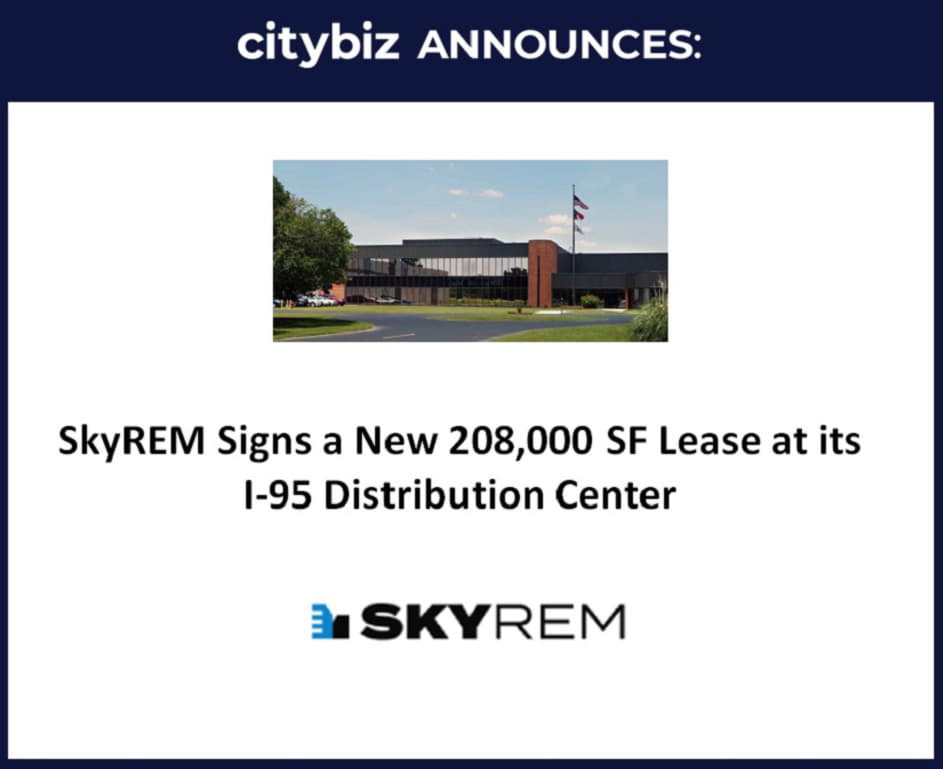
I received an email last week after conducting a presentation on Managing and Leading the Multigenerational Workforce. The sender confessed that they had come to the presentation believing that there was little to be learned because they prided themselves on knowing the material. Some of this was due to the fact that they had been a manager for quite some time. Some had to do with the fact that as a Baby Boomer (born between 1940-1960) they lived with Millennials (born between 1980 -2000) and through the process of osmosis had acquired a great deal of knowledge. And some of it was due to perceptions or judgments gained from reading articles and watchingnews magazine pieces on television that dealt with the topic.
Their email shared the amazement they experienced, learning how wrong they had been about how much they really knew, and how pleased they were that my program was worthwhile and quite useful.
Prejudice and bias comes in all forms and shapes and it can be found alive and well in management suites everywhere. I have learned that participants in training, and audience members in speaking engagements often want to be open, but are not always optimistic about the learning. So there is not just bias about other generations; there is also bias about the person or presenter who seeks toeducate others about effective ways to manage people who are of a different generation.
Sometimes I talk about that in my programs – I entreat people to be open to the possibility that they could learn something. The statement sometimes provokes laughter,other times arms actually uncross and people lean forward in anticipation to see if this could be true. I work hard to make it true.
But what about the bias you have about employees?
If you want to change the biased way you think, examine how it might be affecting decisions about your employees:
- The biggest bias is the easiest to understand. When you think that you know what your employees want, you are making an assumption based on history, not data. You may think that money is the prime motivator for employee retention or that a certain type of service is critical for attracting customers. While no one can deny that money is one factor in people staying with their employers (or that a particular style of service is critical to attracting customers,) the shelf life of knowledge is shrinking. Things shift, people change, and without accurate and up-to-date information, you may see people leave their jobs in spite of the money you offer, or customers abandoning their loyalty to your product regardless of the service they receive. Not only do people value different things and often at different times, different generations have different priorities.
- Another prejudice occurs when you believe that you know what they know. The days when the boss knew how to do every job in the organization or department is a thing of the past. There is simply too much information and it changes too fast for any one person to be knowledgeable about every discreet aspect of any position. Employees usually know more about their specific area than the boss does. The manager who doesn’t realize this is missing a huge piece of critical information!
- If you ever find yourself thinking that employees complain and don’t appreciate that they have a job, you are probably guilty of that predisposition that most people are selfish. People are not loyal to firms, they are loyal to other people. Today, employees are interested in ‘What’s In It For Them” and the boss should understand that in today’s world of lay-offs, reductions in force, reorganizations, and mergers that employees need to look out for themselves and their career development. That’s not selfish – it’s smart business, Keeping your employees happy is smart business. Thinking that people should be happy to have a job won’t motivate people who have a job – it’s motivating to people who don’t have a job!
- Today’s business currency is knowledge. If you think good employees are ‘a dime a dozen’ you are sadly mistaken. To stay competitive, you need knowledgeable employees. People are not dispensable commodities; they give your firm the ‘added value’ that separates you from your competitors.
Departing employees communicate with their feet. If too many are leaving your employ, it may be because your bias about them is all too clear. If you think your prejudice about employees might be part of a turnover problem, examine some of your ideas about people. A change in your thinking may be the best first step in retaining talent.
Joni Daniels is Principal of Daniels & Associates, a management training and development consulting practice that specializes in developing human resources in the areas of leadership and management training, interpersonal effectiveness and efficiency, skill- building, and organizational development interventions. With over 20 years of experience, she is a sought after resource for Fortune 500 clients, professional organizations, higher education, media outlets and business publications. Joni can be reached at http://jonidaniels.com







